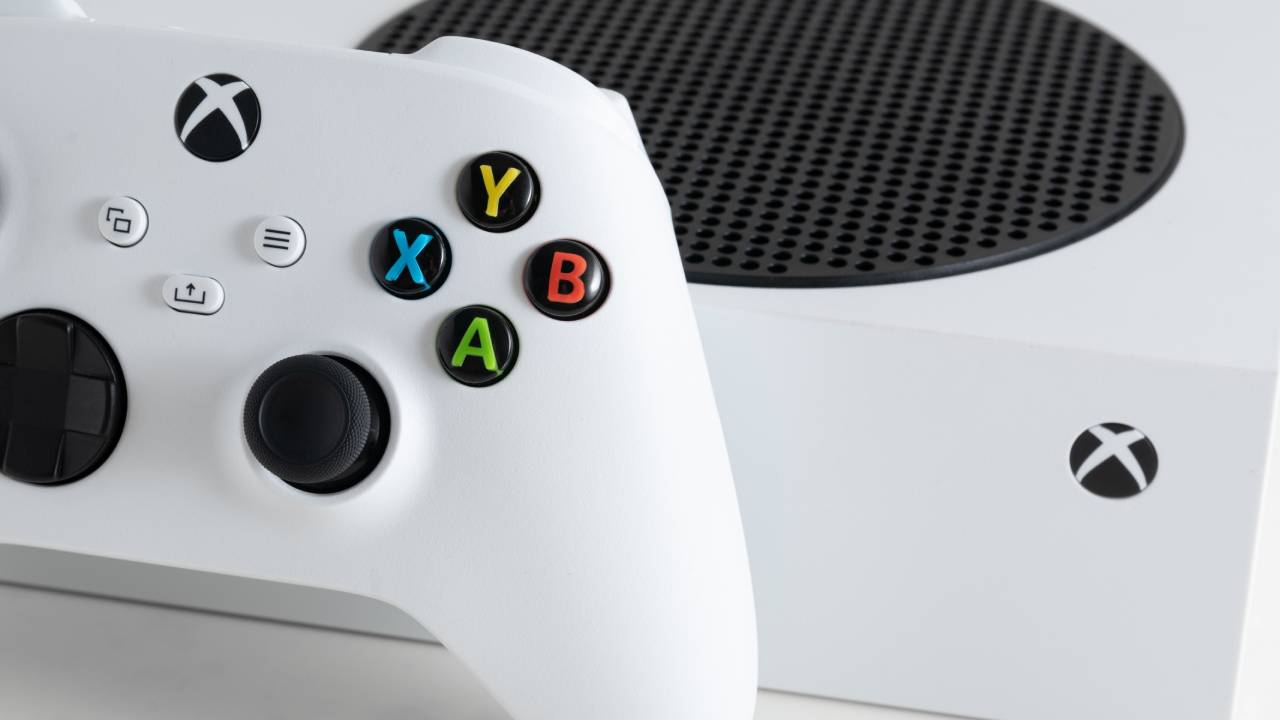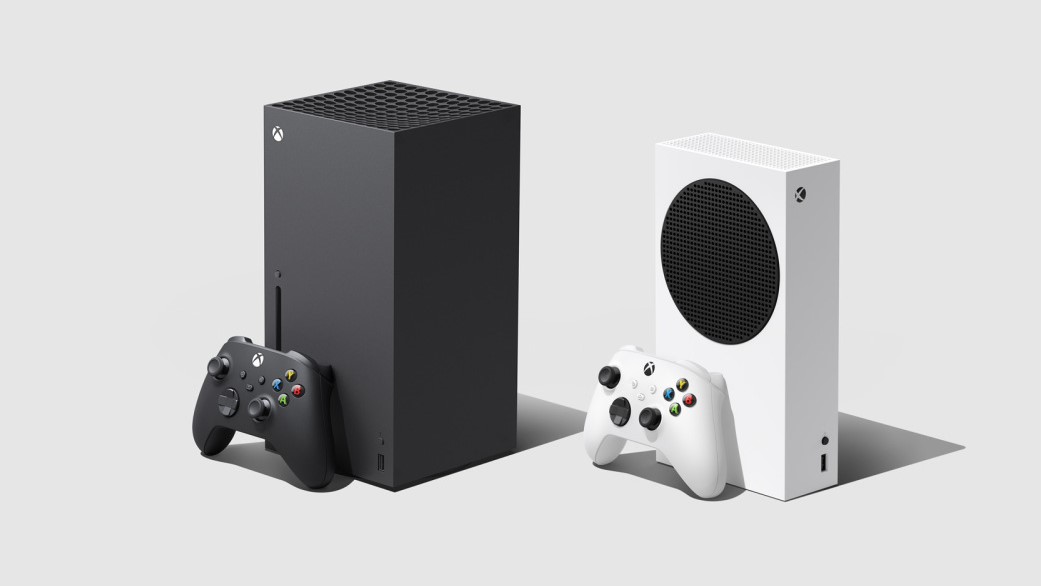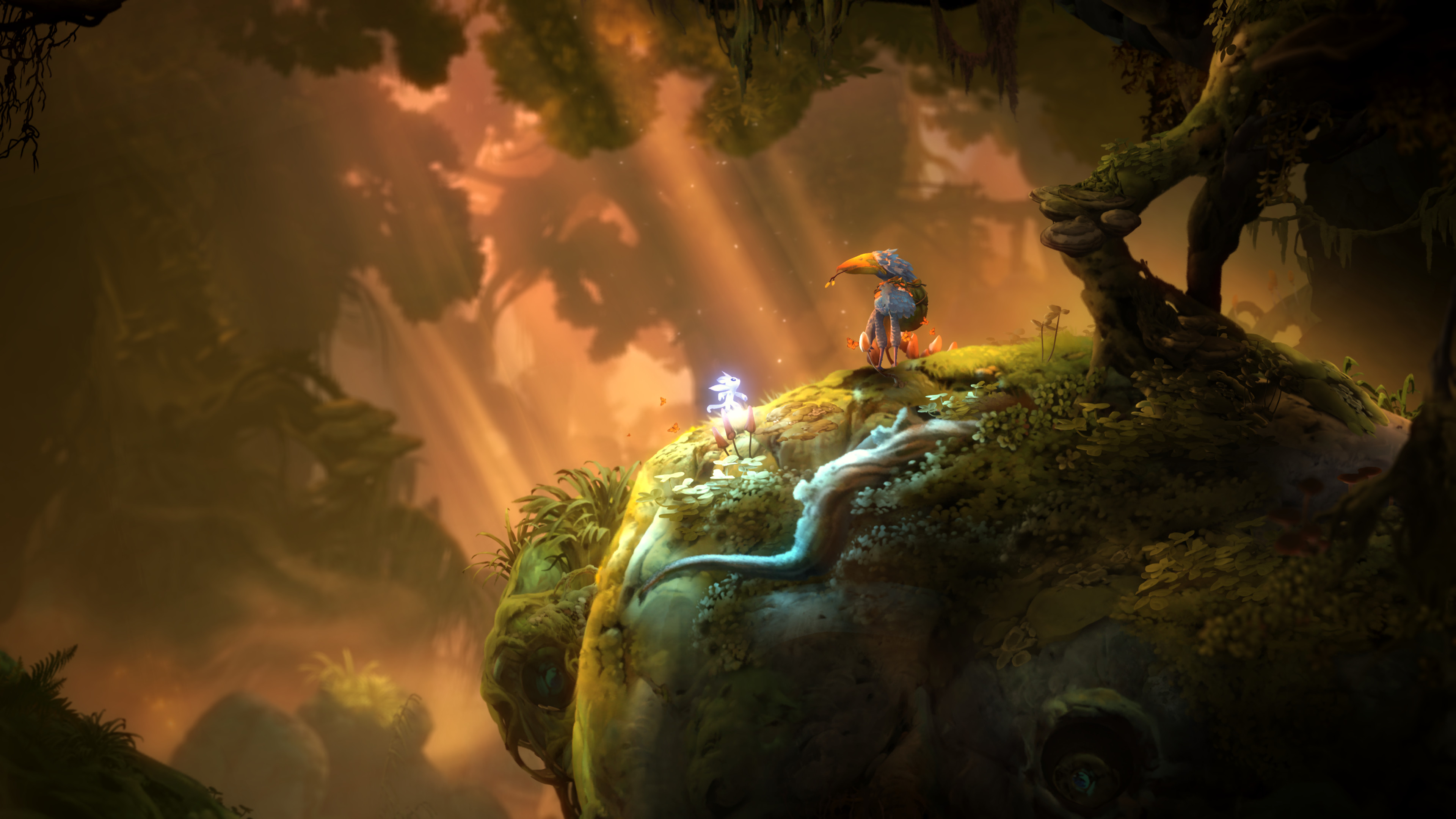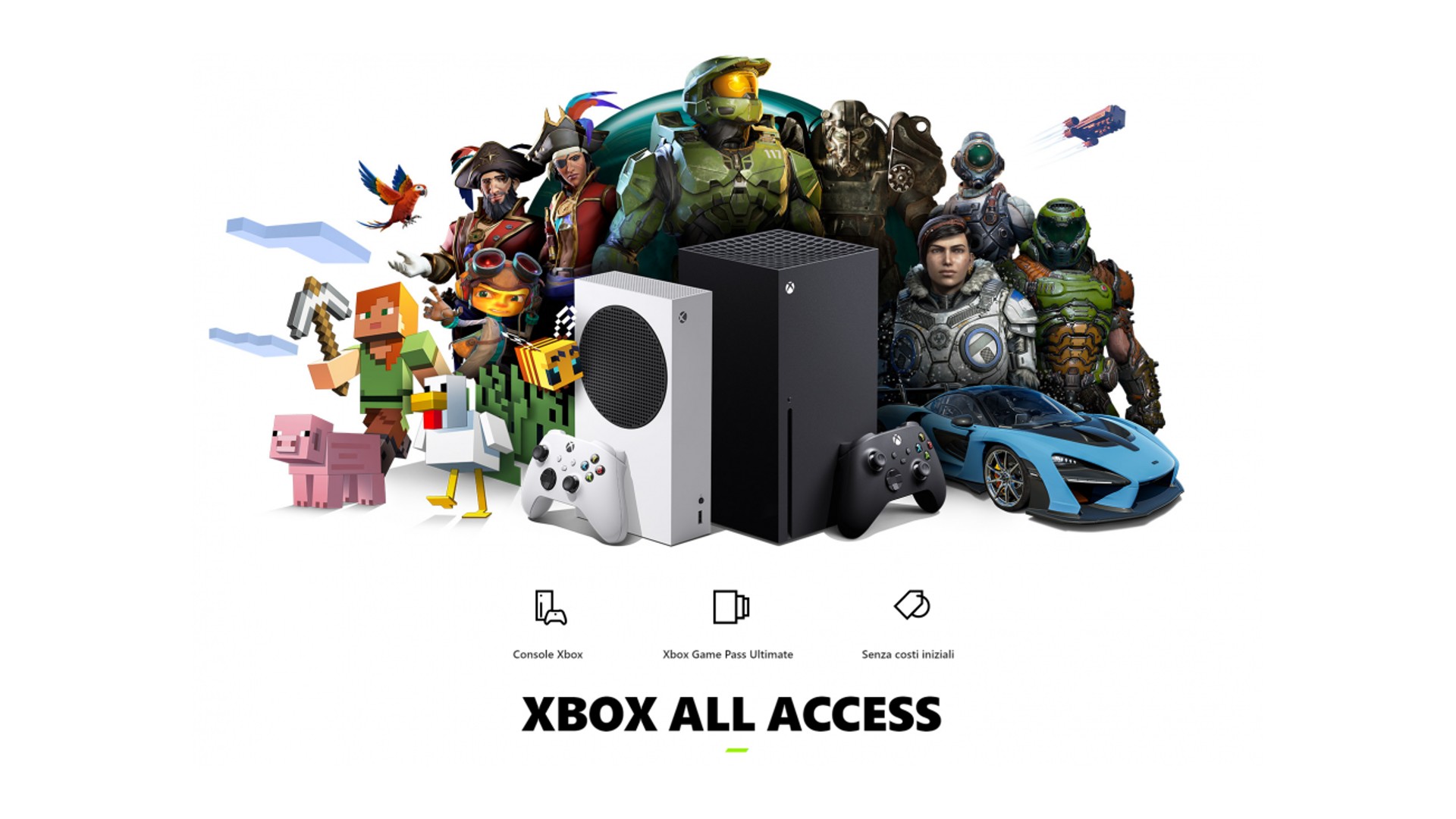
We’re well over a year into the ninth generation of consoles at this point, but is the Xbox Series S worth it in 2022?
Today’s consumers arguably have more choice than ever before when it comes to picking a gaming system these days. The PS5 and Xbox Series X demonstrate the power of 4K gaming to a monumentally impressive degree, while the Nintendo Switch continues to do its own thing with semi-regular, high-quality first and third-party exclusives.
Then there’s the relatively humble Xbox Series S, which can be summarized as a halfway house between the power of last gen’s Xbox One X, and some of the higher-end features of today’s consoles, including a lightning-fast SSD, 120Hz support and access to Xbox Series X/S enhanced titles.
But if you’re out shopping for a brand new console, it’s potentially quite easy to dismiss the Xbox Series S as merely an entry-level system – the Master System to the Mega Drive / Genesis, if you will. But that really couldn’t be further from the truth. Yes, the Xbox Series S costs considerably less than a PS5, Xbox Series X, and even the Nintendo Switch OLED, but it’s nonetheless a powerful and capable console that fully embraces a bang-for-your-buck philosophy.
So what are the pros and cons of the Xbox Series S? Why is it a worthwhile alternative to its more powerful sibling? And does it even matter that the console lacks a disc drive? All this and more will be answered below, so keep reading to see if the Xbox Series S is worth it today and if it’s the right console choice for you.
Xbox Series S is available now
If the Xbox Series S is indeed still worth it in 2022, then, an important factor to consider is if you can even actually buy one. With the ongoing chip shortages greatly diminishing PS5, Xbox Series X, and PC graphics card availability, how does the Xbox Series S fare in being a console you can feasibly buy?
Thankfully, you’ve got a much better chance at buying an Xbox Series S as opposed to its more expensive alternatives. Across many major retailers, the Xbox Series S is in stock far more regularly, making it by far the easiest current-gen console to actually get your hands on. We’d even argue it’s easier to find in the US than the Nintendo Switch OLED, currently.
Sign up for breaking news, reviews, opinion, top tech deals, and more.
If you’re tired of chasing stock updates for the Xbox Series X, then, buying a Series S instead isn’t so much as cutting your losses as it is getting access to all of Xbox’s bells and whistles at the tradeoff of having slightly lower specs.
Xbox Series S and Xbox Series X: a quick comparison

When looking at the Xbox Series S, arguably the first thing that’ll jump out is its relatively low price tag. At $299 / £249, it’s by far the most affordable current-gen machine on the market - much cheaper than the Xbox Series X, PS5, and the PS5 Digital Edition.
That should be no surprise, though, at least upon initial inspection. After all, while the Series S boasts some pretty impressive specs, it isn’t quite as powerful as the Series X. But not drastically so, at least not in terms of the overall gaming experience it provides. Yes, the Series X boasts a processor capable of 12 teraflops as opposed to the Series S’s 4 teraflops, and the X is capable of running games at a crisp 4K resolution, while Series S tends to output at 1080p or 1440p (some titles can hit 4K like Ori and the Will of the Wisps, but it's an outlier).
The Series S’s SSD is also substantially smaller at 512GB, compared to the 1TB SSD found in the Series X. That’s arguably the biggest downside to owning a Series S, especially when you factor in that the console is digital-only - no disc drive means physical copies can’t be played on Series S, though even physical games require you to install the data onto a hard drive nowadays.
However, both consoles share more similar features than you might think. Both can output at a 120Hz refresh rate and feature an auto low-latency mode that minimizes wireless controller input lag.
Additionally, both boast support for Dolby Atmos and Dolby Vision for truly immersive sound and HDR picture quality. Variable refresh rate is also supported by both systems, meaning that moment-to-moment gameplay remains smooth on compatible smart TVs, and 1440p resolution is also an option.

Xbox Series S also includes many of the same quality-of-life features as its more powerful sibling. Smart Delivery is an excellent feature that, with applicable games, automatically detects the console you’re playing on, and downloads the most optimal version of that game to your system. No need to specifically choose a version that might be suboptimal for your console.
Xbox Series S owners can enjoy the same library of backward compatible titles from across all Xbox generations, too, some of which are even available on Xbox Game Pass. And speaking of older generations, if you have old Xbox One accessories like controllers or headsets, they’ll still work on the Xbox Series S.
One other aspect to consider is its size, and that’s an area where the Xbox Series S actually has an advantage over its larger sibling. The Xbox Series S is Microsoft’s smallest console to date, so much so that it’s relatively easy to move around the house, or to take with you on a trip. And if space is an issue, or you want something more discrete in your home cinema setup, the Xbox Series S is a great option for that.
The Xbox Series S might not have a premium price tag, then, but that doesn’t mean it isn’t a prize contender. Not only is it powerful enough to become your main console of choice, but it’s also a fantastic secondary console to have if you already get plenty of gaming on PS5, Switch, or PC. It’s also fundamentally at a next-gen console, as proven by the fact it can run The Matrix Awakens: Unreal Engine 5 Experience.
A Game Pass powerhouse

If there’s any reason to opt for an Xbox Series S over other consoles, though, it would be to access the fantastic Xbox Game Pass subscription service at a lower cost of entry. While the base Xbox Game Pass subscription will cost you a monthly fee of $9.99 / £7.99, this regularly updated catalog of games can be downloaded and played with no limits.
The Xbox Series S has a reputation as being a Game Pass machine, then. As the console has no optical disc drive, you instead need to rely on digital purchases to get your gaming fix. But thanks to a service like Xbox Game Pass, loads of titles are immediately available to play at the cost of one monthly sub.
Of course, such a vast collection of games will soon fill up that 512GB SSD, so if you are planning on buying an Xbox Series S, we’d also recommend investing in an additional external SSD like the official Seagate Xbox Storage Expansion Card, which adds roughly 1TB more to your console’s storage. These days, the card can be bought for much less than its original eye-watering retail price, so it’s well worth looking into if you’re looking to download plenty of games with Xbox Game Pass.
Is the Xbox Series S worth it?
The Xbox Series S is absolutely still worth buying in 2022. Microsoft’s wallet-friendly console boasts many of the same quality features as the Series X, is much easier to actually buy in the first place, and is arguably the easiest entry point to accessing the incredible Xbox Game Pass and Xbox Game Pass Ultimate subscription services.
But it is worth noting that the Series S isn’t without its drawbacks. As mentioned earlier, the relatively small amount of storage on the SSD is lamentable, especially considering the Series S is a digital-only machine. That’s really the biggest issue with the console in our minds, with the less powerful processor (compared to the Series X) and 1440p resolution target for gaming are only slight drawbacks at best.
So if you’re in the market for a new console, and either can’t afford an Xbox Series X or are simply tired of waiting for stock to appear, don’t count out the Xbox Series S. Not only will you save yourself a lot of money and time, you’ll end up owning one of Microsoft’s best consoles to date.

Rhys is TRG's Hardware Editor, and has been part of the TechRadar team for over four years. Particularly passionate about high-quality third-party controllers and headsets, Rhys strives to provide easy-to-read, informative coverage on gaming hardware of all kinds. As for the games themselves, Rhys is especially keen on fighting and racing games, as well as soulslikes and RPGs.